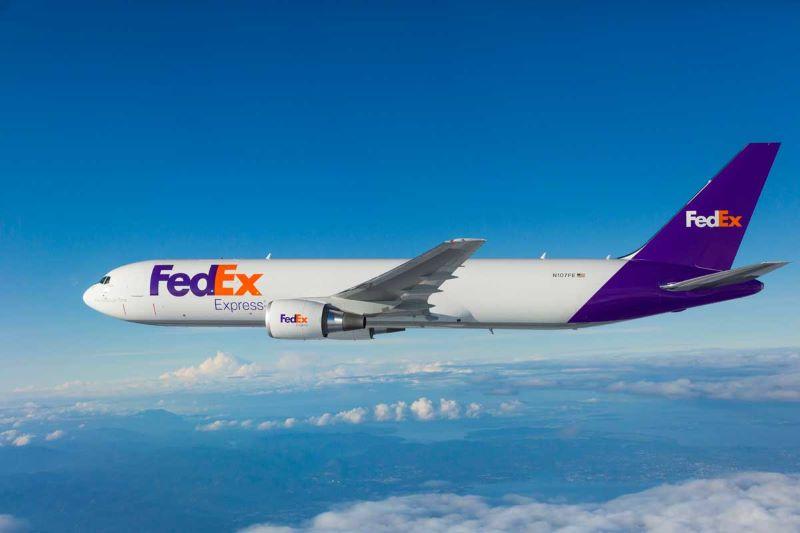
FedEx Corporation will consolidate its operating companies into one unified organization, “Federal Express Corporation,” a restructuring it says will help streamline operations and enable a distinct focus on air and international volume.
FedEx called the consolidation an important step in its “DRIVE” transformation, which seeks to reduce costs to the tune of $4 billion by the end of fiscal 2025, including $1.3 billion in its air network and international operations. The company’s April 5 investor call announcing the changes came as FedEx Express pilots picketed on Wall Street over continued contract negotiations that began in May 2021.
“FedEx is at a pivotal moment in history,” FedEx Corp President and CEO Raj Subramaniam told investors on the call. “We’re transforming our operating model to be more flexible, efficient and an intelligent global network.”
The consolidation is planned in two phases, first with changes to its executive structure in mid-April before a second phase slated for June 2024 combines FedEx Express, FedEx Ground, and FedEx Services into one. Its business optimization costs, incorporating those for DRIVE and a network optimization strategy dubbed Network 2.0, are expected to be less than $2 billion, company executives said.
Updating previously announced plans for air network reconfigurations and fleet modernizations under the DRIVE program, FedEx said it has accelerated retirements of its MD-11 fleet to the end of fiscal 2028, two years earlier than anticipated, and expects to have roughly 25 aircraft parked by the end of the current fiscal year, which ends May 31.
It also plans to structurally reduce transpacific flying by 30% beyond what it has already executed, pointing to volume decline.
“We’re able to achieve this by consolidating and densifying priority volume while increasing our point-to-point connections using global partner capacity for one-way deferred volume,” FedEx Express President and CEO Richard Smith told investors. “And we expect to see around $250 million in structural financial benefit associated with these actions. This is an executed step towards the direction we’re taking in the long term to reimagine our global network.”
Pilots for FedEx Express, represented by the Air Line Pilots Association (ALPA) and gathered in New York City on April 5, said it is “extremely disappointing” that contract negotiations remain open.
“Pilots are frustrated that contract negotiations have not been completed, which we see as an enormous risk on top of an already challenging environment for FedEx,” an ALPA spokesperson said. “Completion of a contract agreement will provide labor stability with the pilots and assure pilots will continue to deliver for our customers and company.”
Pilot contract negotiations were not addressed on the investor call, though Subramaniam responded to a query on how, after integrating the network in the U.S., FedEx would ensure that labor continues to be under the National Railway Act. He told investors, “Rest assured, we have taken every consideration into account as we are developing these plans, and our plans are very thorough in this regard.”
As part of the executive changes effective April 16, FedEx Ground President and CEO John Smith will become president and CEO of U.S. and Canada Ground Operations at FedEx Express and assume leadership of surface operations across the FedEx Express, FedEx Ground, and FedEx Freight businesses. Additionally, Richard Smith will begin serving as president and CEO, Airline and International at FedEx Express, overseeing all other regions and FedEx Logistics.

